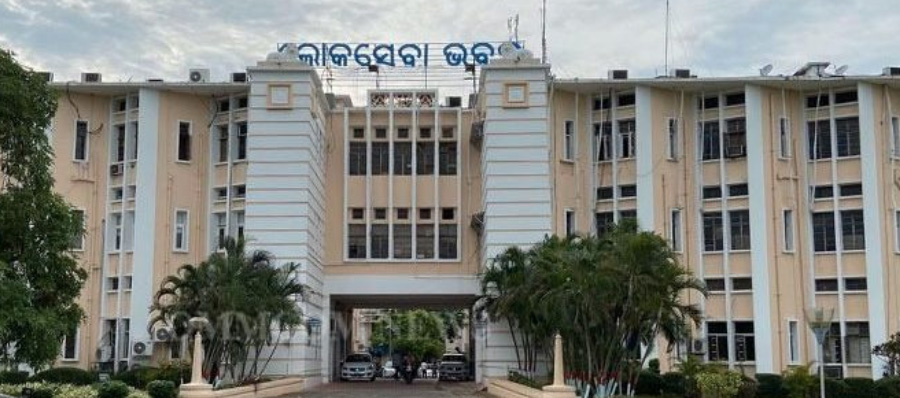Bhubaneswar: In a move aimed at enhancing the confidentiality and efficiency of its deliberations, the State Government has implemented significant changes to the conduct of Cabinet meetings.
A recent circular issued by the Parliamentary Affairs Department outlines stricter protocols, notably restricting the free entry of Departmental Secretaries into the Cabinet room during confidential sessions.
Under the revised rules, the Cabinet room will now primarily be occupied by the Chief Minister, Cabinet Ministers, Ministers of State in charge of departments whose agenda is under discussion, and the Chief Secretary (Secretary to the Cabinet).
Departmental Secretaries whose agendas are being considered will no longer have automatic access. Instead, they will be required to wait in a specially designated officers’ room and will only enter the Cabinet room when specifically called upon by the Cabinet to provide assistance or clarification on an issue.
The new directives also streamline the process for preparing and circulating Cabinet meeting notices and memoranda. Going forward, notices for Cabinet meetings will ordinarily be circulated at least five days in advance. However, the Chief Minister retains the discretion to relax this timeline in urgent situations.
Furthermore, the Parliamentary Affairs Department will strictly adhere to a deadline for accepting Cabinet Memoranda: no submissions will be accepted beyond 5 PM, three working days prior to the scheduled Cabinet meeting. For instance, if a meeting is set for the 7th of a month, the memorandum must reach by 5 PM on the 4th. If the 4th is a government holiday, the deadline shifts to 5 PM on the 3rd of that month.
To ensure timely submissions, departments are now responsible for securing necessary approvals from competent authorities well in advance.
When a case is to be brought before the Cabinet, the concerned department is tasked with preparing a memorandum that precisely outlines the facts and points for decision, unless otherwise directed by the Chief Minister. These memoranda and any supporting documents will be circulated to the Chief Minister, relevant Ministers, Ministers of State-in-charge, or the Secretary to the Cabinet.
Crucially, after the Chief Minister’s approval, the agenda papers must be circulated among Ministers two full days before the meeting date. No case will be placed on the agenda without these papers being circulated, unless the Chief Minister grants specific permission.
While the Secretary of a department relevant to a case is expected to attend the meeting, their presence can be excused by the Chief Minister. The circular explicitly states that during discussions, the presiding authority will call upon the concerned Minister to present their observations. Other Ministers may then speak. Secretaries, however, are strictly prohibited from participating in discussions unless their opinion is specifically requested.
“This may be adhered to in true letter and spirit in order to streamline the process of Cabinet meetings and for effective management of Cabinet discussions,” the circular emphasized to all departments, signaling the government’s commitment to a more disciplined and focused approach to its top-level decision-making.


